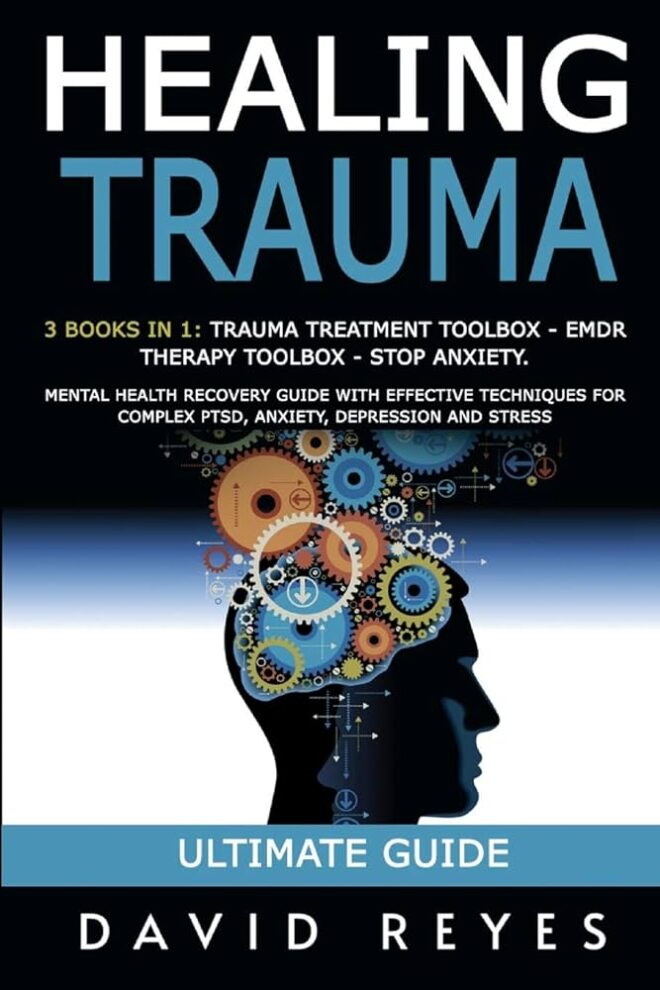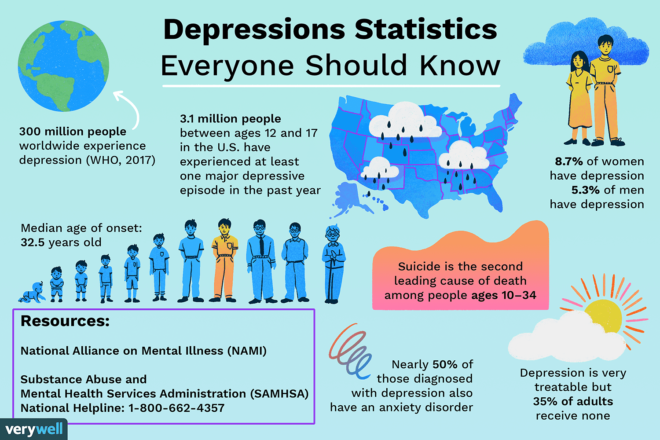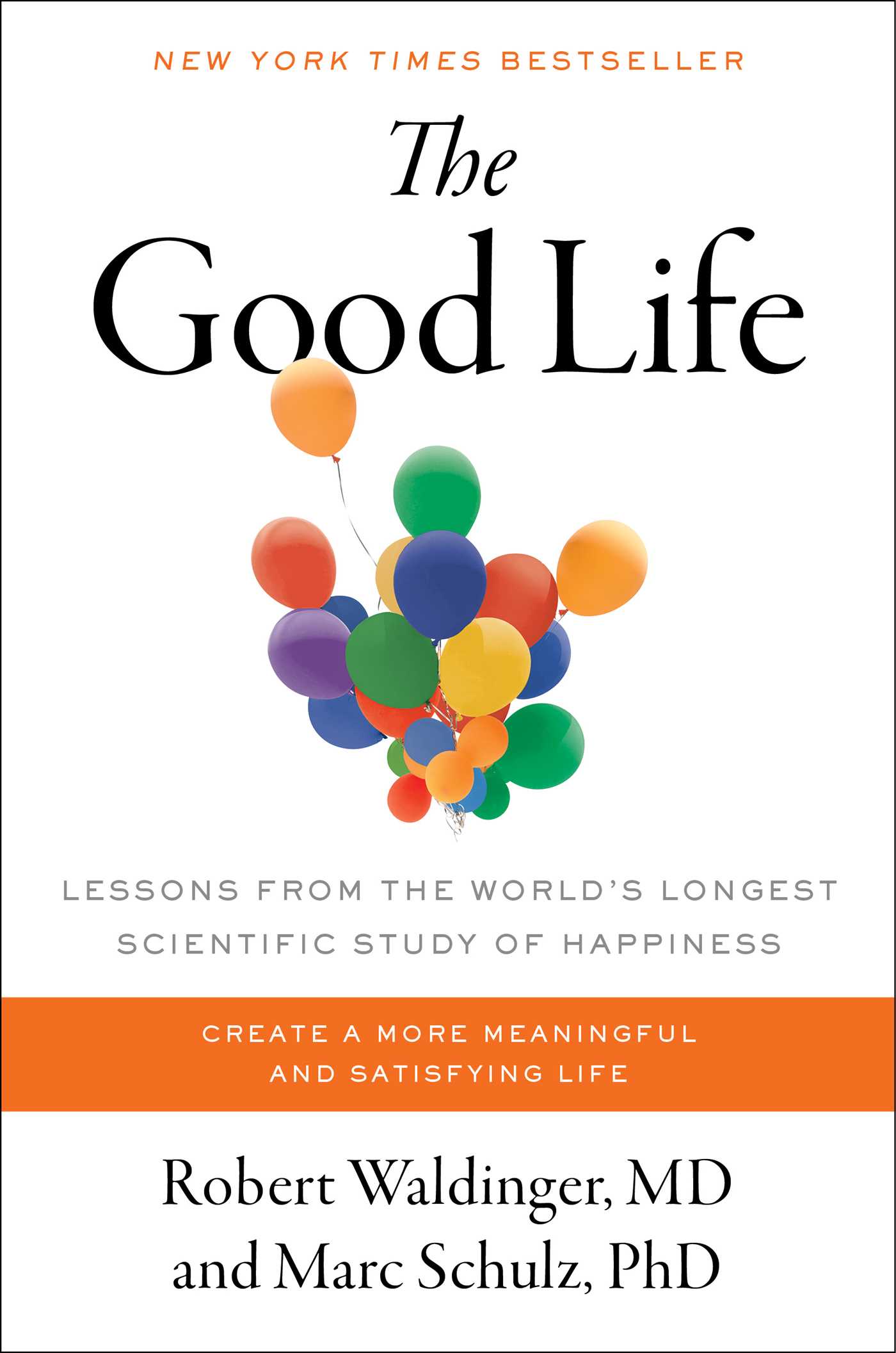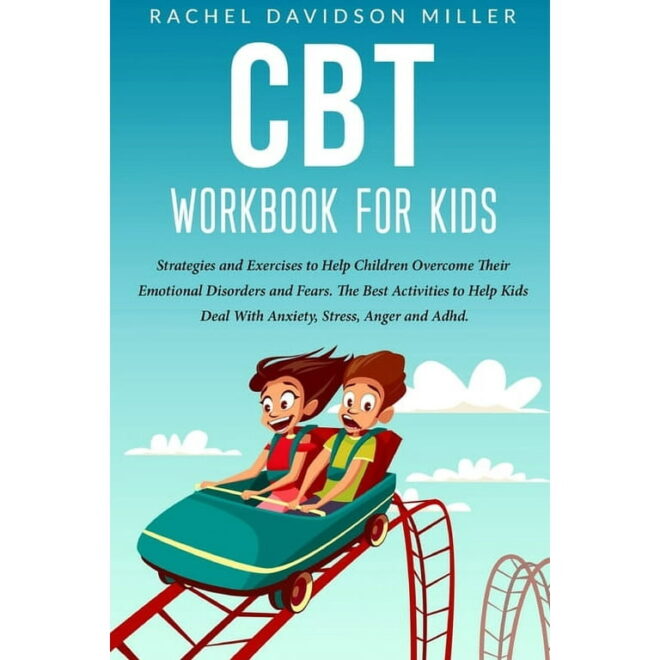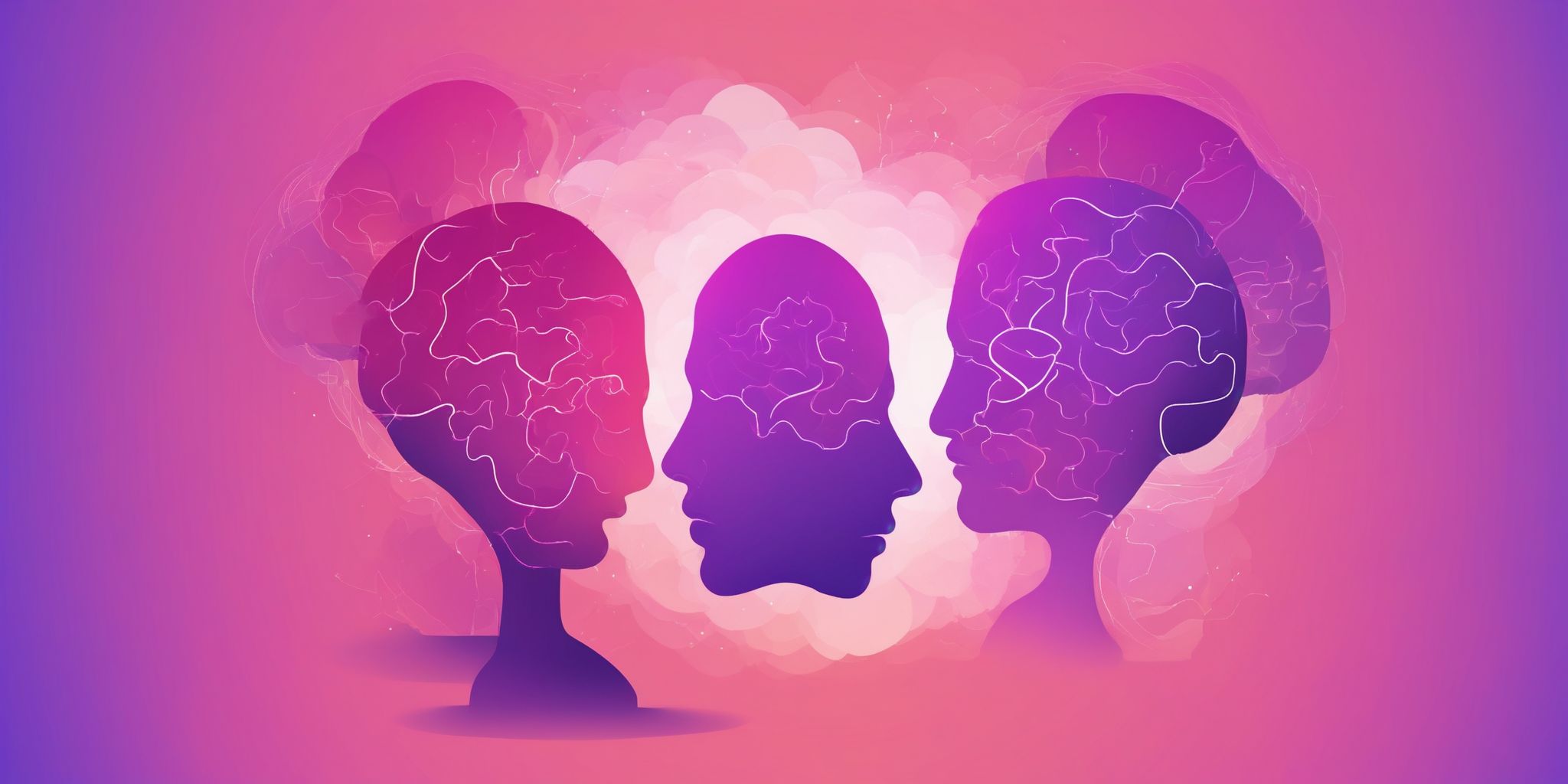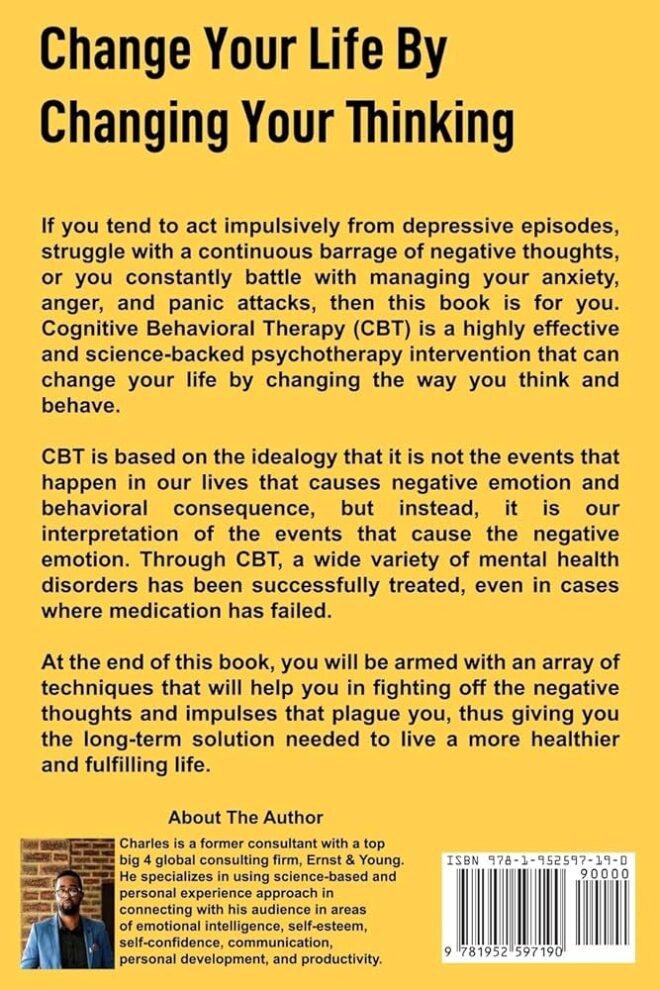How Depression is Treated : The Ultimate Guide to Healing
Depression is treated with therapy and medication. Treatment plans may combine both approaches for best results.
Depression is a common mental health condition that affects millions of people worldwide. It can have a debilitating impact on daily life and overall well-being. Fortunately, various effective treatments are available to help individuals manage their symptoms and improve their quality of life.
Therapy, such as cognitive-behavioral therapy (CBT) and interpersonal therapy, can provide valuable tools for coping with depression. In addition, medications like SSRIs and SNRIs are often prescribed to help regulate brain chemistry and alleviate symptoms. By seeking treatment and staying committed to a comprehensive plan, individuals can find relief and support in their journey to recovery from depression.

Credit: www.amazon.com
Recognizing Depression Symptoms
When it comes to recognizing depression symptoms, it’s important to take note of both physical and emotional signs. Physical symptoms may include changes in appetite, sleep disturbances, and unexplained aches and pains. On the other hand, emotional symptoms can manifest as persistent feelings of sadness, hopelessness, or irritability. It’s crucial to pay attention to these signs and seek professional help if any of these symptoms persist.
Seeking Professional Help
| Seeking Professional Help |
| Choosing a Therapist |
| Psychiatric Evaluation |
Dealing with depression often requires professional help from trained therapists. A crucial step is selecting a therapist who you feel comfortable and trust. After finding the right therapist, a psychiatric evaluation may be conducted to determine the most suitable treatment approach. Therapy sessions are designed to address your individual needs and help you manage and overcome your symptoms. It’s important to be open and honest during your sessions to benefit fully from the treatment. Seeking professional help is a positive step towards healing and recovery from depression.
Understanding Treatment Options
Therapy: Therapy can be an effective treatment for depression. Cognitive Behavioral Therapy (CBT) and Dialectical Behavior Therapy (DBT) are commonly used. These therapies aim to identify negative thought patterns and help individuals develop healthier coping strategies. Through regular sessions with a therapist, individuals can gain a deeper understanding of their emotions and learn skills to manage depressive symptoms.
Medication: Medication may also be prescribed to treat depression. Antidepressants such as selective serotonin reuptake inhibitors (SSRIs) and serotonin-norepinephrine reuptake inhibitors (SNRIs) can help regulate mood by balancing chemicals in the brain. It’s important to consult with a healthcare professional to determine the right medication and dosage.
Combination Therapy: In some cases, a combination of therapy and medication can be the most effective approach. This allows individuals to address both the emotional and biological aspects of depression. Combination therapy can provide a comprehensive treatment plan that targets the root causes of depression and provides support for long-term recovery.

Credit: www.walmart.com
Self-care And Lifestyle Changes
A healthy diet plays a crucial role in treating depression. Ensure you consume nutritious foods such as fruits, vegetables, whole grains, and lean proteins. These foods contain essential vitamins and minerals that can boost mood and overall well-being. Additionally, establishing an exercise routine can be highly beneficial. Engage in activities you enjoy, such as walking, jogging, or dancing, for at least 30 minutes each day. Regular exercise stimulates the release of endorphins, which are known as the “feel-good” hormones. Stress management techniques can also help alleviate symptoms of depression. Practice deep breathing exercises, meditation, or yoga to reduce stress levels and promote relaxation. Participating in hobbies or activities that bring joy and fulfillment can also contribute to a happier and healthier lifestyle.
Building A Support System
Exploring treatment for depression involves building a strong support network. This system may include therapy, medication, exercise, and lifestyle changes. Seeking help from professionals and loved ones is key to managing and overcoming depression effectively.
| Building a Support System |
| Family Support |
| Family members can provide comfort and care during difficult times. |
| Spending quality time together and open communication are crucial. |
| Peer Support Groups |
| Joining support groups can help individuals feel understood and less alone. |
| Sharing experiences with others facing similar challenges can be therapeutic. |

Credit: www.delraycenter.com
Exploring Alternative Therapies
When it comes to treating depression, there are various alternative therapies that can be beneficial in addition to traditional treatments. Mindfulness and meditation can be effective in reducing symptoms of depression. Practicing mindfulness involves focusing on the present moment and accepting thoughts and emotions without judgment. Meditation, on the other hand, focuses on cultivating a calm and peaceful state of mind. These practices can help enhance self-awareness and reduce stress levels.
Another alternative therapy for depression is acupuncture. This ancient Chinese practice involves inserting thin needles at specific points in the body to promote balance and relieve symptoms. Acupuncture can stimulate the release of endorphins and improve the flow of energy throughout the body, which can have a positive impact on mood and overall well-being.
Yoga is another alternative therapy that can be beneficial for individuals with depression. The combination of physical postures, breathing exercises, and meditation in yoga can help reduce stress, promote relaxation, and enhance overall mental wellness. Regular practice of yoga has been shown to increase levels of neurotransmitters like serotonin, which can improve mood and combat symptoms of depression.
Managing Depression Triggers
If you are facing depression, managing triggers is essential for your well-being. Identifying triggers is the first step towards this process. Triggers can be different for everyone, so it’s important to recognize your personal triggers. Pay attention to your thoughts, emotions, and behaviors when you feel depressed. Note down any patterns or situations that consistently contribute to your depressive symptoms. Once you have identified your triggers, you can develop coping strategies to effectively manage them. Coping strategies can include engaging in activities that bring you joy and improve your mood, such as exercising, spending time with loved ones, or practicing relaxation techniques. It’s also crucial to seek support from a mental health professional who can provide guidance and help you develop personalized coping mechanisms.
Developing Long-term Wellness Strategies
Depression is treated through therapy and medication. Therapy helps individuals cope with their emotions and address underlying issues. Medication can help balance brain chemicals and alleviate symptoms. Developing a maintenance plan is crucial to prevent relapse. This may include continuing therapy and medication as prescribed. Creating a support network of friends and family can provide emotional support and encouragement. Incorporating healthy habits such as exercise, proper nutrition, and self-care routines can also contribute to long-term wellness.
Frequently Asked Questions On How Depression Is Treated
How Do Most People Treat Depression?
Most people treat depression with therapy, medication, lifestyle changes, and support from loved ones. Seeking professional help and self-care practices are common.
How Did People Treat Depression?
People treated depression through therapy, medication, exercise, and lifestyle changes. Therapy helped individuals address underlying issues, while medication, such as antidepressants, balanced brain chemicals. Exercise and healthy habits improved mood and overall well-being.
How Is Depression Treated?
Depression is typically treated through a combination of therapy, medication, and lifestyle changes. Therapy, such as cognitive-behavioral therapy, helps individuals identify and change negative thought patterns. Medication, like antidepressants, can help regulate brain chemicals. Lifestyle changes, including exercise and stress management, also play a key role in managing depression symptoms.
It’s important to work closely with a healthcare professional to develop an individualized treatment plan.
Can Exercise Help With Depression?
Yes, exercise can be an effective tool in managing depression. Physical activity releases endorphins, which are known as “feel-good” chemicals that boost mood. Regular exercise can also increase self-confidence, improve sleep patterns, and reduce symptoms of anxiety. Aim to include at least 30 minutes of moderate-intensity exercise, such as brisk walking, into your daily routine to experience its mental health benefits.
Conclusion
Remember, seeking professional help is crucial in treating depression effectively. Whether through therapy or medication, finding the right treatment is key. Maintaining a support system and engaging in self-care practices can also aid in managing symptoms. Overall, addressing depression with a holistic approach fosters healing and well-being.
